The Bona Fide Synthesis of MARINA and Marina Diamandis
After a four-year break from the spotlight, Marina Diamandis is stepping back into the scene—breaking the barrier and taking back her identity as MARINA.
Following the close of the Froot era after touring for an entire year, Marina stepped off the stage at her South American tour; heart heavy but the mind solid, with the decision to exit the limelight and finally relinquish the Marina and the Diamonds moniker. “I had felt for a long while that I needed to take time out. I didn’t feel the same motivations as I used it and that worried me,” she shares. “I didn’t understand that it could be a sign of a positive shift inside myself.” Now emerging as solely Marina, she admits things now feel a lot simpler and more straightforward and she’s outfitted with not just a new name but also a rawer sound with a newfound voice; presenting to the frontlines as she unmasks.
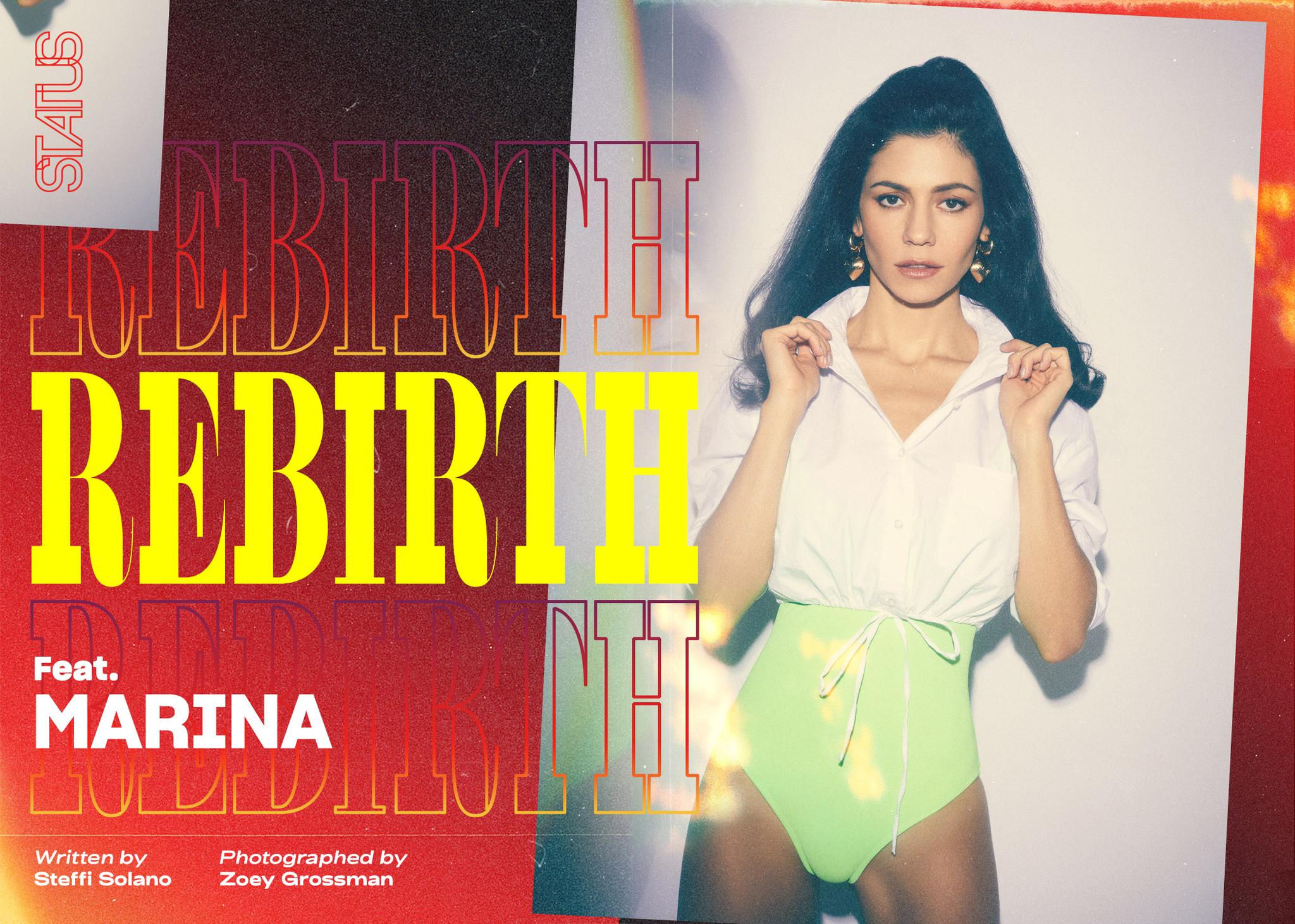
“I had felt for a long while that I needed to take time out. I didn’t feel the same motivations as I used it and it worried me. I didn’t understand that it could be a sign of a positive shift inside myself.”
The Welsh singer is no stranger to the game and when one has built a strong image, sound, and a passionate fanbase, and fall out of love with the very foundation—music—picking up the pieces might come as a challenge; but Marina points that it was about allowing herself to leave and seek breathing space. “I allowed myself to quit. Like seriously allowed myself,” she tells. How do you bounce back? Unequivocally, she had one answer: “you do other things” and going on to reveal how an educational stint organically brought her inclination for music back. “I told myself that I never had to go back to music again. I then went to study two psychology modules at the University of London and through doing other things, that natural instinct to write and create came back to me. Writing music is one of the most natural things in life for me. It’s second nature.”
“I allowed myself to quit. I told myself that I never had to go back to music again. I then went to study 2 psychology modules and through doing other things, that natural instinct to write and create came back to me. Writing music is one of the most natural things in life for me. It’s second nature.”
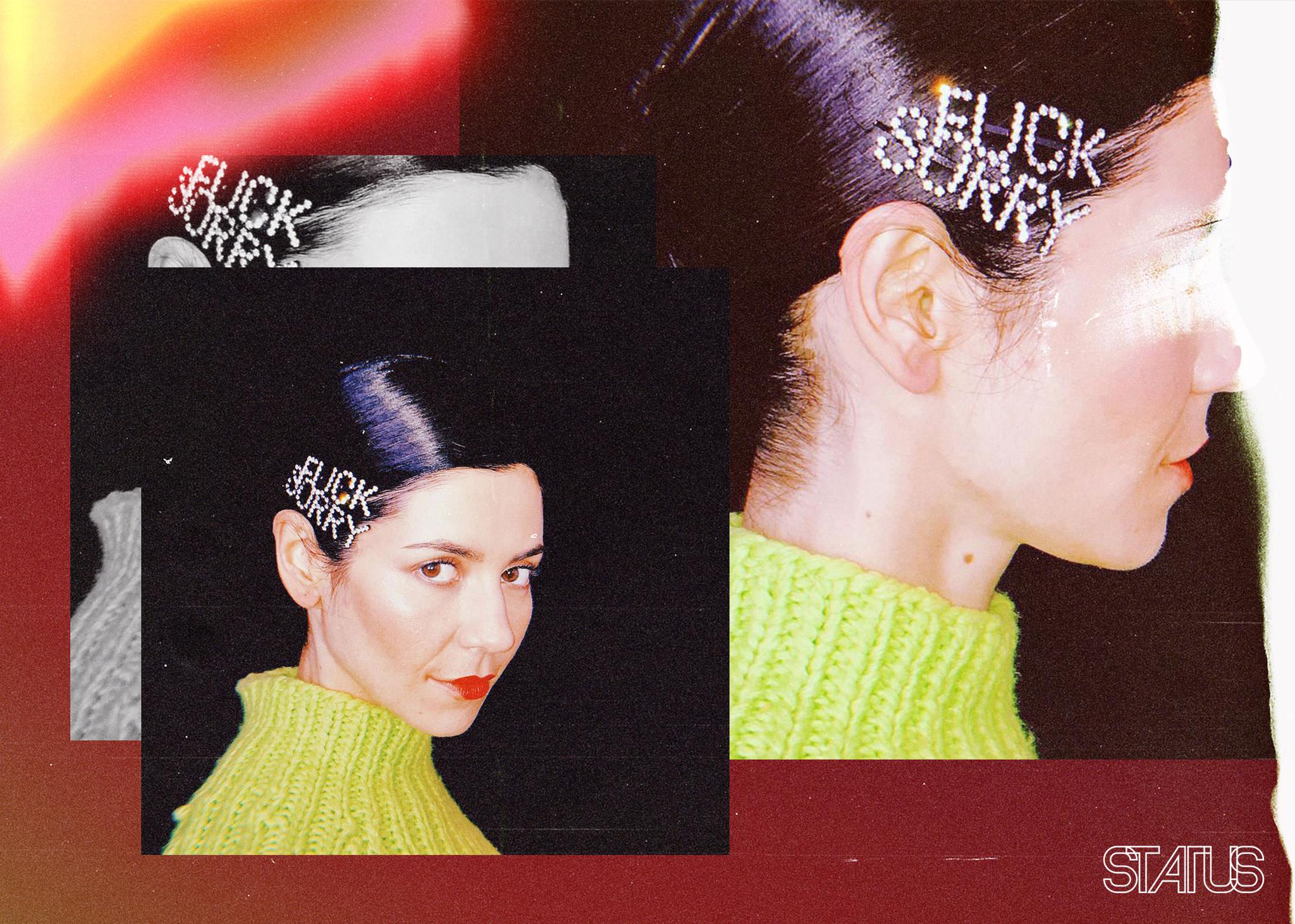
In “Handmade Heaven” she sings, “This life don’t suit me anymore, the writing’s on the wall”, echoing her sentiments on the impetus behind her break. This comeback single after “Baby” with Clean Bandit and Luis Fonsi is her second off of her latest record, Love + Fear and her first solo track since “Blue” four years ago, written in a time when she felt adrift and out of sync, but found solace in the most natural of places. “One thing that helped me at that time was taking time to look closely at nature everyday,” shares Marina, likening human connection to nature as a paradise with its freeing attribute, away from social and technological anxieties. It’s one output she deems of sheer importance. “[Handmade Heaven] came from a place of longing to live a different life, in a world free of human destruction. A life where you have a natural instinct to serve a purpose, just like nature does.”
While “Handmade Heaven” showcased Marina plainly and candidly, a substantial part of her artistry was characterized by a conceptual approach, particularly with her second record Electra Heart, detailing female identity where she played four female archetypes in the 11 accompanying music videos for its entire campaign. Marina notes that she has entirely left that idea. Her shift from the existential stylings of the introductory The Family Jewels to going more conceptual with Electra Heart has correlated her with reinvention in the eyes of people—something that she states she doesn’t really resonate to. Although her return signals a big change, Love + Fear rings to be an unveiling, a strip, more than an overall transformation. “To be honest, it was only my second album that used a character to tell a story. People associate me with reinvention sometimes but I really don’t connect with that.” She goes on to say, “We all are changing throughout our lifetime and an artist’s work can reflect this perfectly as albums showcase two to three year chapters of a person’s life. This era is about simplicity and being able to be natural, finally. I don’t have to try anymore.”
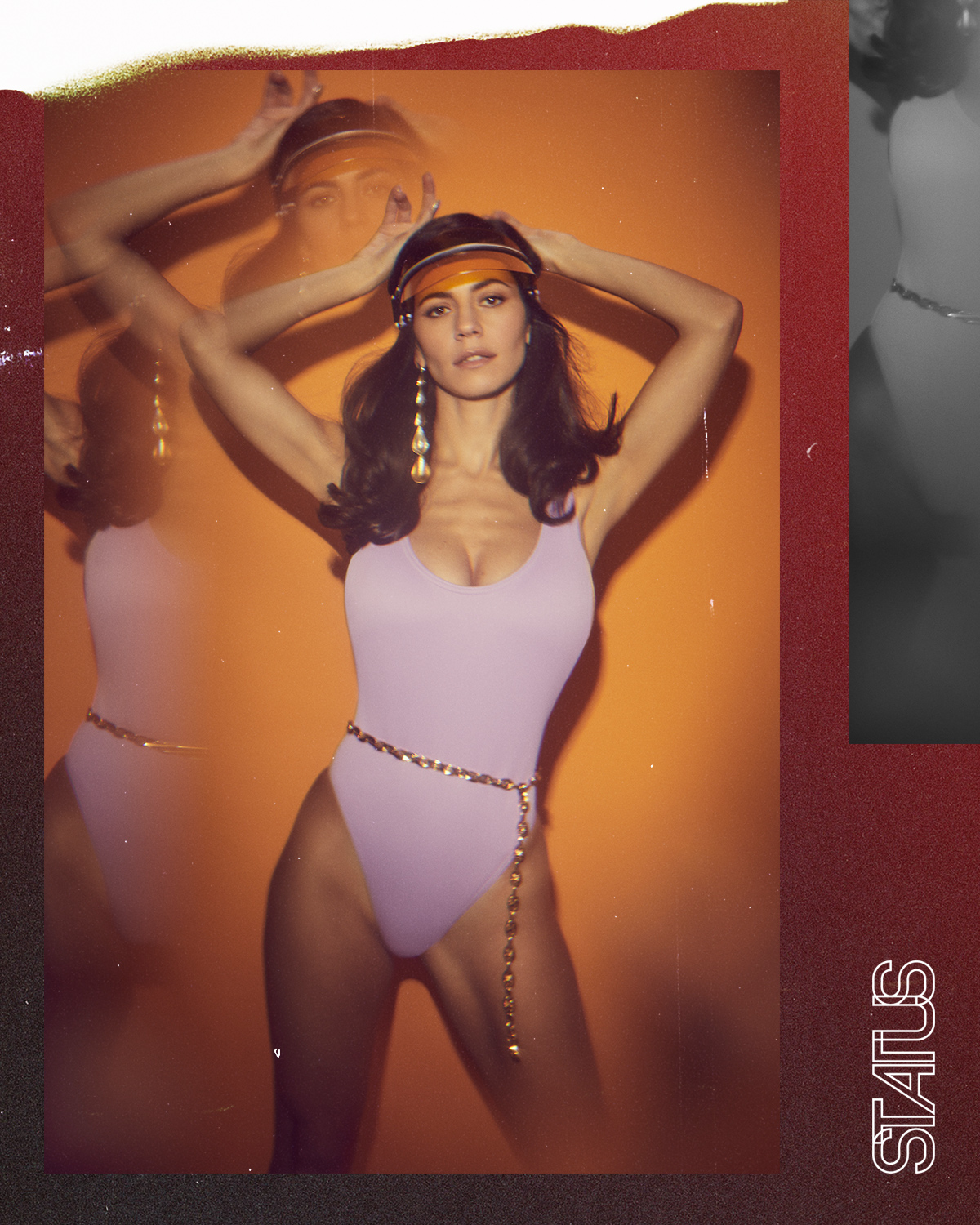
“People associate me with reinvention sometimes but I really don’t connect with that. We all are changing throughout our lifetime… This era is about simplicity and being able to be natural finally. I don’t have to try anymore.”
Big things are scintillating at the horizon for Marina and while we got a taste of a more experimental sonance with “Baby”’s Latin pop genre, she’s tight-lipped about everything else surrounding this new era—that includes the absence of a Lana Del Rey collaboration. Now the lines are blurred with Marina. Gone are the borders between her identity as an artist and as Marina Diamandis and she’s more candid than ever. We had a chance to have a conversation with the Welsh songstress about her comeback, closing the Froot era, and continuing the honest discussion on mental health in this climate.
First of all, welcome back. This is your comeback after stepping out of the spotlight for four years. You’ve been in the game for a while but does it feel different returning to the scene officially as MARINA?
Yes. It feels a lot easier and simpler.
You mentioned that a lot of your identity tied up to who you are as ‘Marina and the Diamonds’. Now that you’ve re-emerged as Marina, would you say the lines are now blurred with your artistic identity versus your real self? Was there ever a line that was set?
I feel like my public and personal self are much more integrated than they used to be. I am very much a multi-faceted person publicly now. A lot of what I did with Marina and the Diamonds was conceptual—visually and otherwise—and this created a lot of rigidity in how I went about my life. There was always a borderline between the two parts of myself; like I could only be truly myself when I was on my own.
What have you learned in that period of your break?
That identity is constantly changing. That you can never truly know yourself because so much of what we think and feel is buried deep in our subconscious.
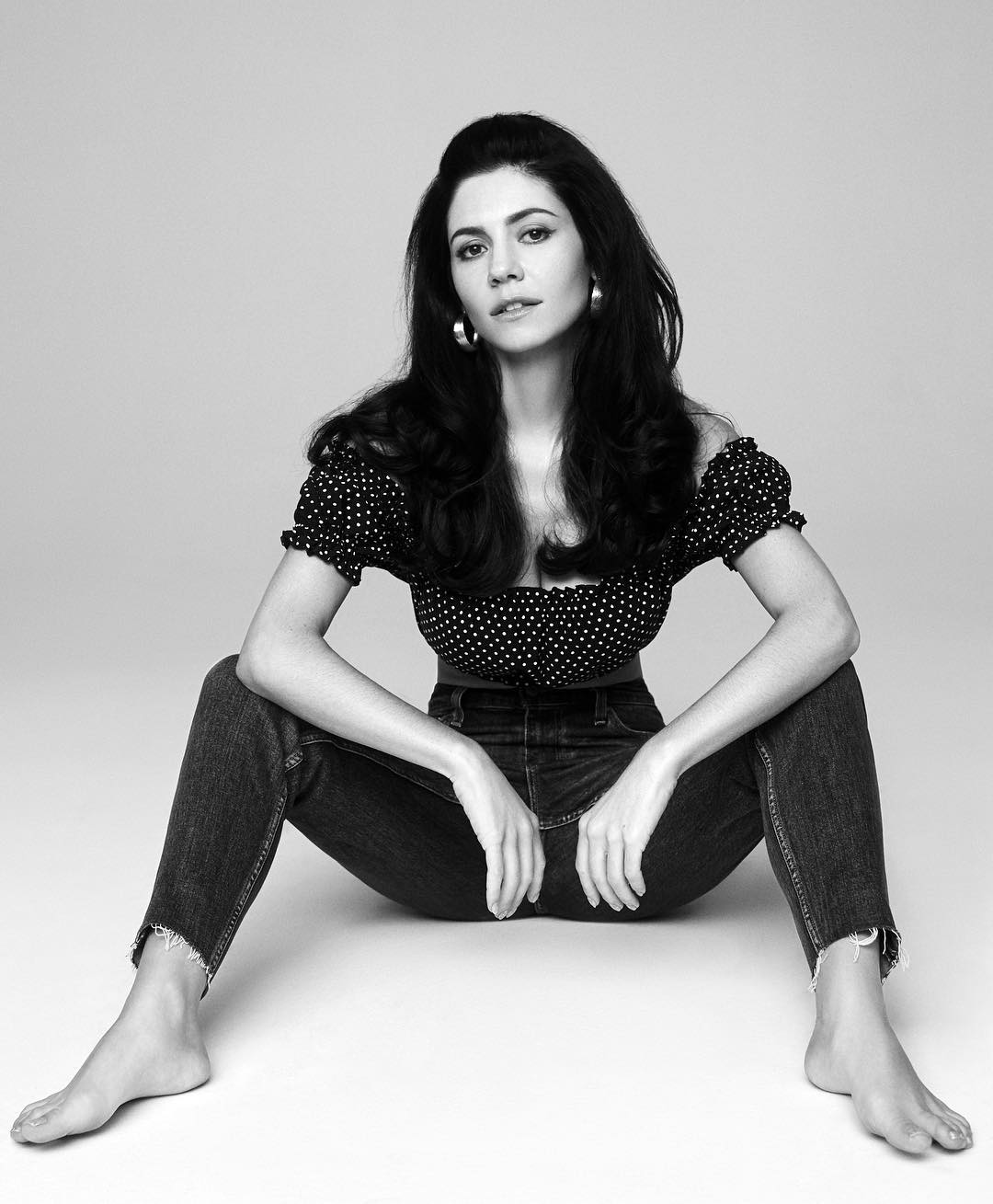
Touring for your last album Froot basically encompassed a year of your life, how did it feel to close that era? Especially with it being the record you left before your hiatus.
I was very pleased with how that whole era went. It was so fun, freeing and fulfilling. But I was also changing quite deeply as a person at that time and that is difficult for anyone to go through. There is a lot of uncertainty in that.
Did your creative process change as you progressed? Developing your sound over the years as an artist, is there a special method when it comes to creating a Marina track now?
No, every writing experience is different. It’s like magic. Something unrepeatable happens. One thing that has stayed the same though is that most of the time, I am inspired by writing lyrics first, then melody.
Let’s talk about your collaboration with Clean Bandit and Luis Fonsi. This was a pretty unexpected combination considering the variety in your styles. How did this collab come together?
I’ve worked with Clean Bandit before and Jack is my partner of four years, so I know them all pretty well. We’ve written together before and I wanted to write a track inspired by Latin pop music. Luis seemed like the perfect collaborator for that! I really, really like him. A part of going under my first name now is also encouraging fluidity in my work and collaborations. It’s much more fun than to stay in one lane your whole life.
“We all can benefit from being honest. It doesn’t have to be an emotional outpour every day but removing the stigma of depression and feeling isolated is important for all of us. The truth is that these feelings are not “bad”—they are just part of being human.”
In 2017, you started “MarinaBook”, a personal blog you created chronicling your thoughts and your personal life during your break. What made you want to open this project?
I was looking for a different way to communicate. Turns out it’s hard being a writer! I’m a perfectionist so I took a long time writing each essay and I ended up stopping because I didn’t have the time anymore. It was nice while it lasted. People responded very passionately. It’s wonderful hearing the thoughts of people in your generation and from the generation below you. It’s important.
People are very vocal regarding the conversation of mental health now more than ever and you’ve had your share of it as well, particularly as an artist when you opened up on Instagram about your hiatus and seeking therapy. How are you able to work well when you’re struggling with it being a musician and performer?
We all can benefit from being honest. It doesn’t have to be an emotional outpour every day but removing the stigma of depression and feeling isolated is important for all of us as I never used to reach out for help when I was going through difficult times. And the truth is that these feelings are not “bad”—they are just part of being human. Everybody experiences them, in varying degrees.
Why is it important to you to be honest about this?
In terms of how I can work when not feeling great, I don’t have a solution. I’m on a low dose of antidepressants so my mood is more stable. But in bad times, I’ve always tried to get through the working schedule. However, I think there’s something to be said about it being okay to cancel something when you really don’t feel well. Because if I ignore something, it just gets bigger. Being able to say “I can’t push myself anymore, do you mind if we reschedule?” is a huge step forward for me.
What is the best piece of advice you’ve ever received? And what’s one you can offer now to other aspiring musicians having been in the business for so long?
We all have our own path—be your own advisor. The more you rely on your own instincts, the stronger they become.
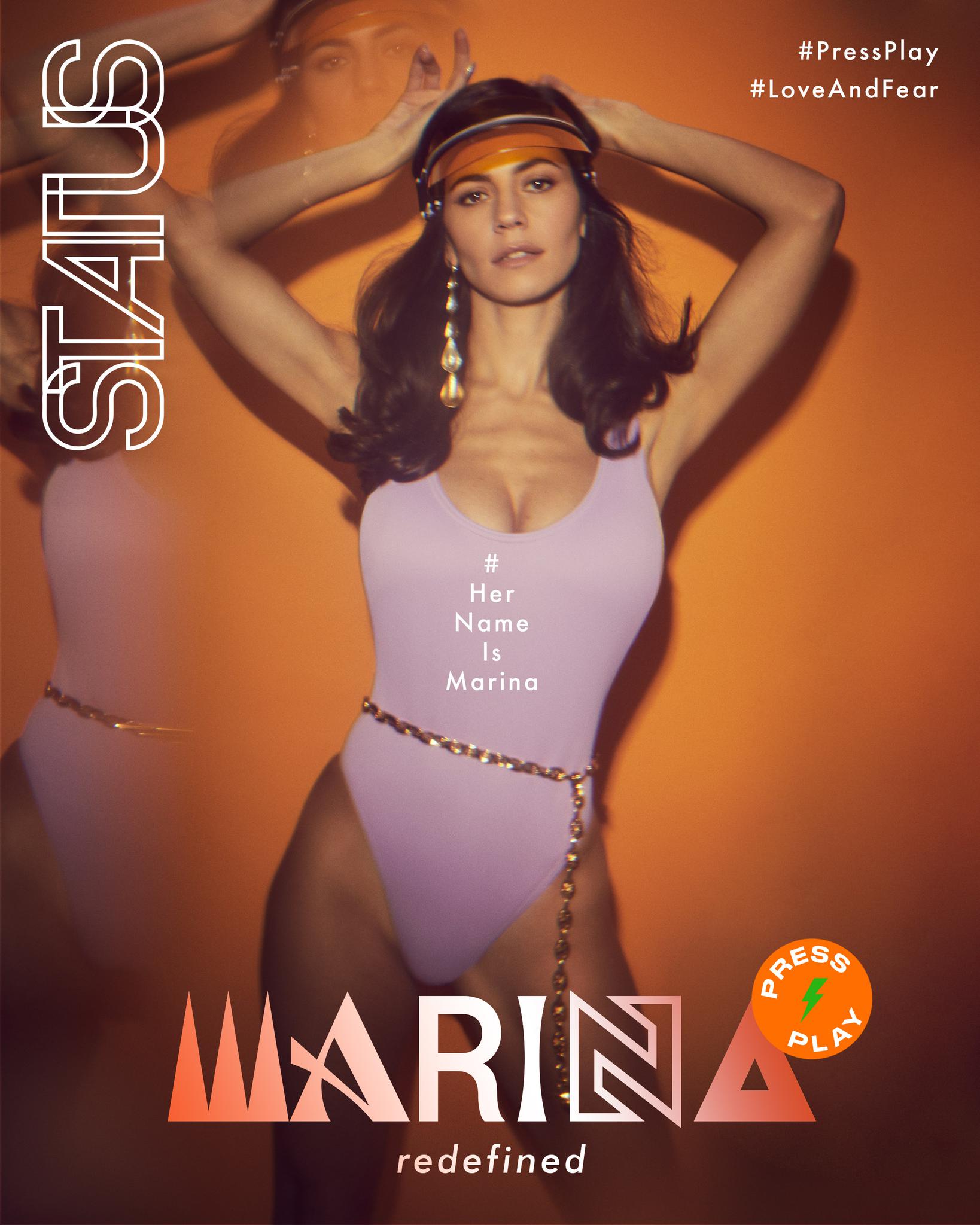
Post a comment